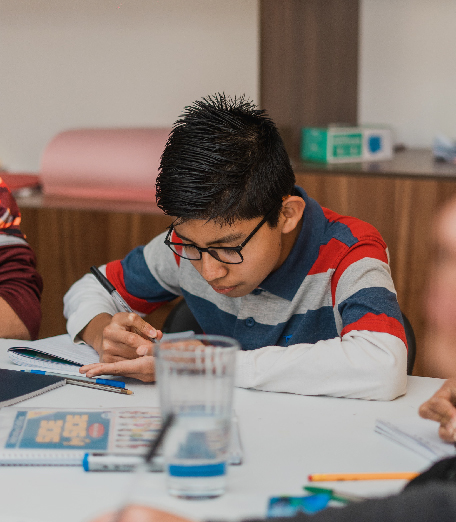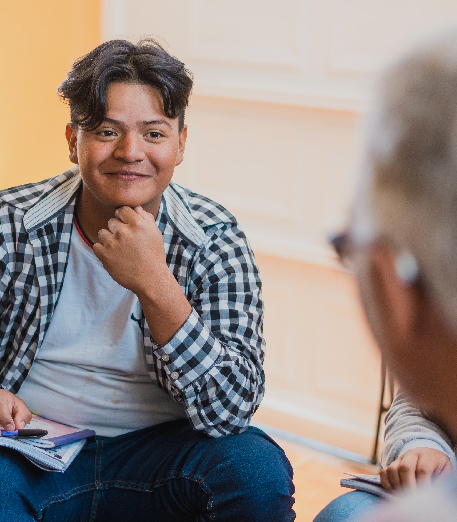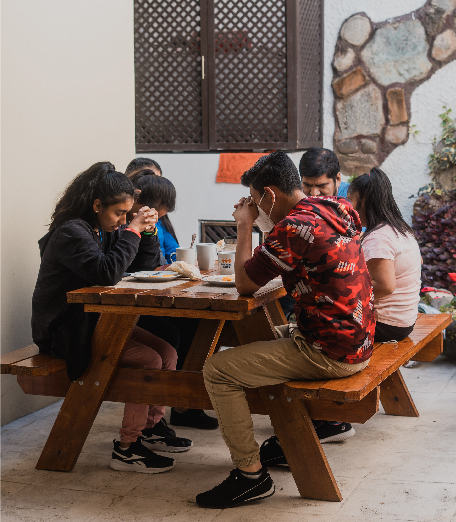Why Are There So Many Orphanages in Guatemala?
Last year, Transforming Futures launched a new program for teenage orphans—the first of its kind in Guatemala. We’re looking forward to sharing stories about our program in future newsletters! But to start, we wanted to explain why there is such a huge need for our program in the first place.
Being a Child in Guatemala Isn´t Easy
Many situations could lead to a child being sent to a Guatemalan orphanage or children’s home. They could’ve been separated from their parents. They could’ve been abused at home. Their family could’ve been so poor that they couldn’t care for them or feed them; about half of children under five years old suffer from chronic malnutrition in Guatemala.
In these situations, when there isn’t a supportive relative for the child to live with, orphanages are the only option. The Guatemalan government stopped allowing international adoptions in 2008 due to mass corruption, and the country lacks a developed foster-care system. There are more than 150 public and private orphanages throughout the country.



Leaving the Orphanage Creates New Challenges
Children can live in the children’s home for months or years—even over a decade. Regardless of how long they’ve been there, when they turn 18 years old, they have to leave.
Unfortunately, the odds are stacked against them. An estimated 75% of teens in orphanages and children’s homes lack a support network and the skills to do meaningful work. They could still be suffering from the emotional trauma of being abused.
After they leave, the risk of getting into trouble is extremely high. Lacking guidance and skills, they could fall into the traps of human trafficking, homelessness, academic failure, unemployment, substance abuse, and crime. Some teens could try to leave Guatemala altogether and attempt to make the journey to the U.S. border.
Our Program Provides a New Path
Our groundbreaking program, called Thinking Outside the Box, focuses on teens who have lived in children’s homes for at least three years and have no one else to support them.
Over the three years in our program, the teens learn emotional, personal, and professional skills. They participate in therapy sessions. They learn how to live independently, including how to stay healthy, find housing, manage their finances, and apply for jobs. They are also connected with foster families and mentors who can provide a lifetime of guidance.
Our goal is to provide hope to these teens who have had everyone turn their backs on them. Thanks to your generous support, we’re doing just that and more. We’re transforming their futures by teaching them the skills they need to become successful and independent adults.
Last year, we supported 21 teens in our Training Center. Now, in 2023, more than 30 teens have joined them! Your donations are absolutely critical in making sure we can provide the specialized assistance that each teen needs and keeping our program running for years to come.
